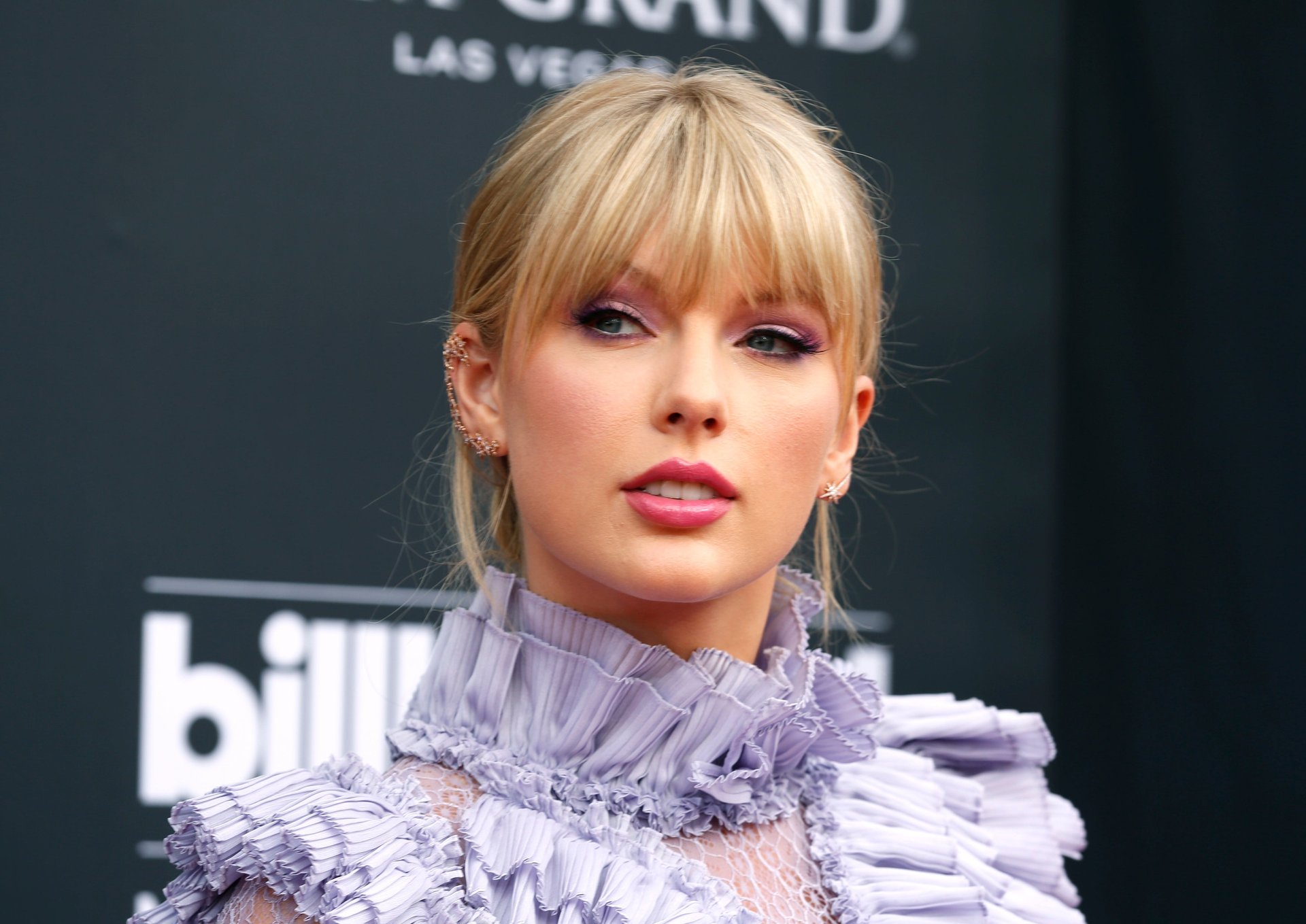Taylor Swift is the only artist who still sells CDs
Today, Taylor Swift will release her highly anticipated seventh studio album, Lover. There’s little doubt that the pop star’s record—featuring such hyped hits as “ME!” and “You Need to Calm Down”—will be a success. Especially if you consider CDs.


Today, Taylor Swift will release her highly anticipated seventh studio album, Lover. There’s little doubt that the pop star’s record—featuring such hyped hits as “ME!” and “You Need to Calm Down”—will be a success. Especially if you consider CDs.
Streaming is by far the most popular way to listen to music. Per Nielsen, streaming accounts for 80% of music consumption in the US (up from 54% just two years ago). While vinyl has shown some signs of nostalgia-fueled recovery, sales of physical CDs and cassette tapes continue to nose-dive.
Except, it seems, for Taylor Swift fans.
Variety reported this week that Lover is already approaching a million units in pre-sales. Swift’s 2017 album, Reputation, racked up a million physical US sales in its first week, and has now sold over 2.2 million copies. For comparison, Ed Sheeran’s Divide finished second (pdf) that year with a meager 511,000 physical sales.
From 2010 (the year her third studio album, Speak Now, was released) to 2017, Swift routinely dominated physical album sales. In each year she released an album, it was among the top three best sellers in physical copies. Other recent mega-selling physical albums include Adeles’s 25, which eclipsed Swift in 2012 by over a million copies, and the Frozen soundtrack, which essentially tied Swift in 2014.
Though Reputation made Swift a top-selling artist in terms of physical album sales, she performed much worse than the other top ten artists (in overall revenues) when it came to streams. Drake, Kendrick Lamar, and Sheeran all had far more streams, allowing them to eclipse Swift in overall popularity.
Album sales and streams for top ten artists in recording revenues of 2017
The Swift demographic is mostly comprised of young people. You’d think they would favor streaming over buying CDs. But as Mikael Wood noted in the LA Times yesterday, while many artists like Ariana Grande have become streaming sweethearts, Swift has consciously avoided the platform, instead maintaining a commitment to physical records.
“Swift famously resisted the shift to streaming, saying that platforms didn’t pay creators fairly for their work,” Wood wrote. “Yet as she kept her music off Spotify—conditioning her loyal audience to think of buying her songs and albums as an act of devotion—younger artists like Grande emerged to establish themselves as streaming favorites.”
Even though Swift shifted away from being a “country” artist years ago, some of her early success selling CDs may have been buoyed by the fact that country is often the genre with the most overall physical album sales. Country listeners have what the Ringer describes as a “robust album-buying culture,” thanks to a number of factors, including a generally older demographic.
Swift’s success with CDs aside, it might be a misnomer to call these numbers “album” sales. Per the New York Times, adding albums to a merchandise bundle (which include things like concert tickets and apparel) has become common practice in the music industry, so much so that some artists are protesting the way Billboard measures sales. In 2018, of the 39 albums that hit #1 on Billboard, at least 18 were sold as a part of a merch deal. Swift was the second most prolific bundler that year, below Travis Scott.
Bundle enthusiasts will be happy to know that Lover is also being sold as a package deal. Some merch on Swift’s website, from bags to sweatshirts, include free digital downloads of the new album. Her upcoming collaboration with sustainable designer Stella McCartney, released in conjunction with the album, may also be bundled. Likewise, purchasing the album from Target, which is selling four different deluxe versions of the CD, will get you the physical album in addition to trinkets like posters, a journal page, and “a unique set of Taylor’s journal entries, handwritten lyrics and archived photos.”
Fans will also feel pressure to buy the album just to get seats at Swift’s next concert. The artist partnered with Ticketmaster’s Verified Fan platform on her 2017 tour to make sure that the people buying tickets were actual fans rather than scalpers. Verified Fan uses online data to check if the ticket buyer has purchased her albums or merch and watched her videos, and allows those fans to get tickets at a reduced price compared to those that are sold on the open market. A Financial Times report (paywall) suggests the strategy allowed her to make an additional $50 million on that tour. Presumably, she will be employing the strategy again for Lover.
Despite early signs of physical sales strength, Lover might be the last CD we buy. Unlike Reputation, Swift is unleashing this record on all major streaming platforms, including her former arch-enemy Spotify, with whom she’s now partnering. “Love, Taylor: The Lover Enhanced Album” will launch exclusively on the platform with a number of extras including a so-called “audio message love letter” (no, we don’t know what that is either) and a handwritten note from the pop star.
It’s unclear how her streaming pivot will affect the album’s overall sales. (The singles that have been released have been met with mixed critical reviews so far.) What is apparent, though, is that Lover marks Swift’s shift from an anti-streaming mascot to a collaborator. It’s a big step for Swift, and perhaps a final death note for the CD.